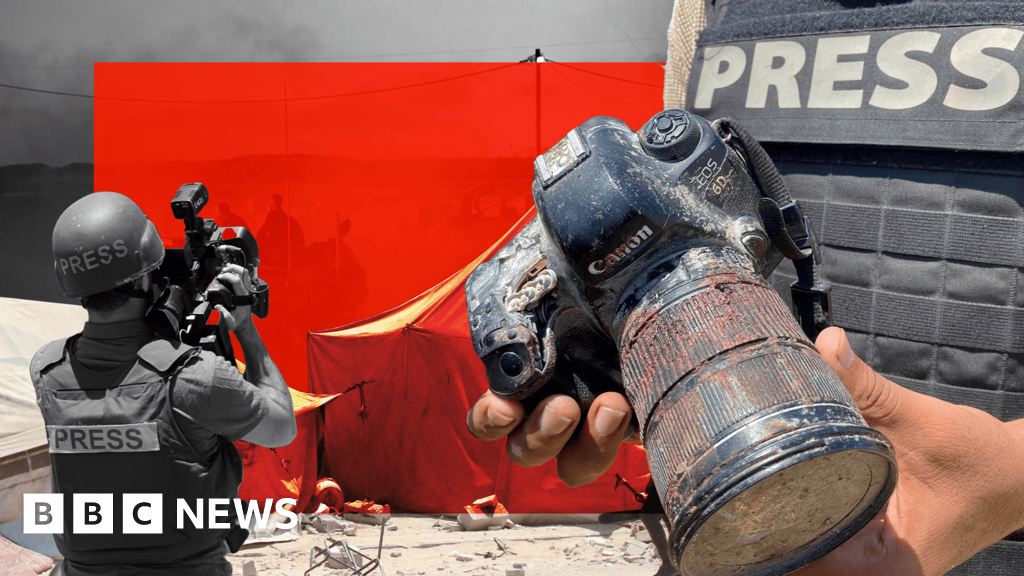In the heart of Gaza, reporters like Abdullah Miqdad describe unimaginable conditions: 'I never imagined that one day I would be living and working in a tent, deprived of the most basic human necessities - even water and a bathroom.' Amid more than two years of conflict, journalists have adapted to working from makeshift tents to access electricity and internet connections, even as aerial assaults leave them vulnerable. Tragically, just recently, five journalists lost their lives in a double strike on Nasser hospital, underscoring the constant threat they face. Authorities in Israel have denied targeting media workers, but many journalists feel that their safety is far from guaranteed, leading to a constant state of fear. As hunger grips Gaza, those reporting on the chaos also experience the same deprivation, reshaping their approach to journalism. Ghada Al-Kurd notes, 'During this war, we have lost the ability to express our emotions,' revealing the psychological impact of their experiences. The resilience and dedication of these journalists shine through, as they continue to report on the struggles and heartbreak in war-torn Gaza.
'Exhausted, hungry, and scared': Inside the Lives of Gaza Journalists

'Exhausted, hungry, and scared': Inside the Lives of Gaza Journalists
An eye-opening look into the harrowing experiences of journalists in Gaza amidst ongoing conflict, highlighting their struggles for safety, basic needs, and the pressures of delivering news under dire conditions.
Journalists in Gaza face extreme hardships in their daily work, often living in tents near hospitals to stay connected while reporting on the conflict. With electricity cuts impacting their operations, many journalists are also battling hunger and fear as they cover the relentless violence. Local reporters, who serve as essential links for international news, regularly risk their lives, reflecting on the emotional toll as they navigate the dangers of their profession. Their poignant stories reveal the dire conditions under which they operate and the persistence required to continue their critical work amidst ongoing strife.

















